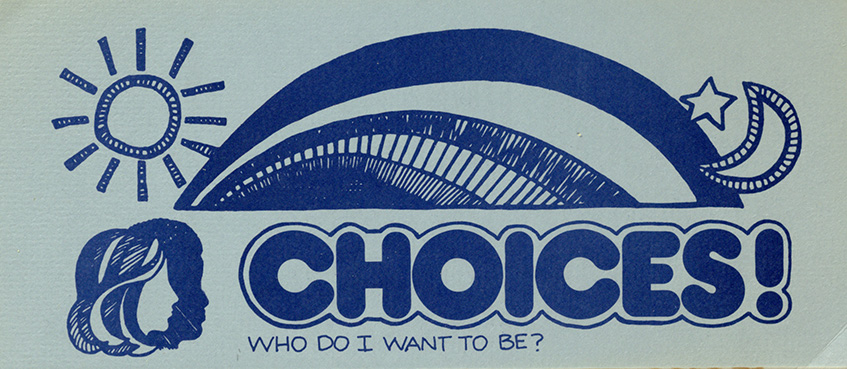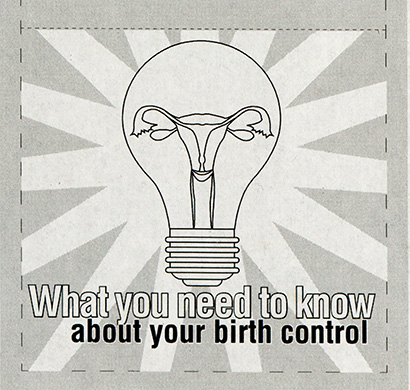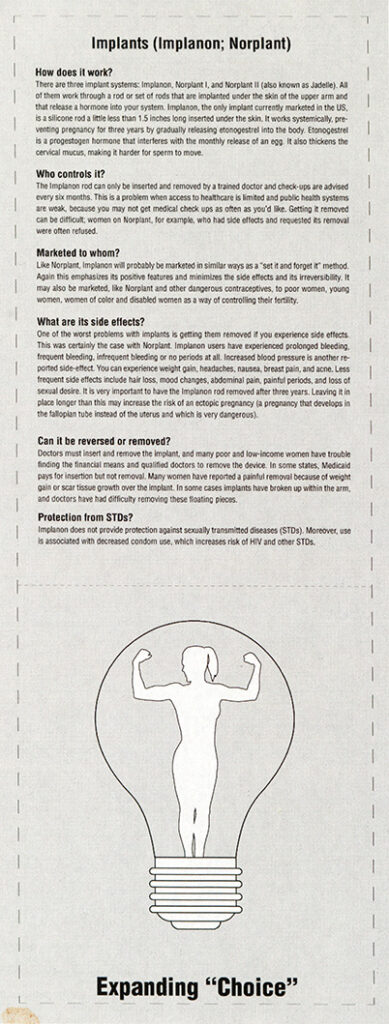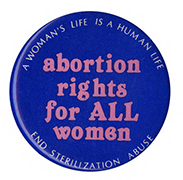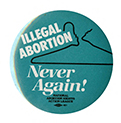Contraceptives
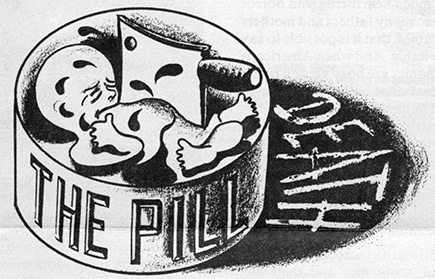
The history of reproductive justice in America centered originally on debates around access to contraceptives and family planning information. Margaret Sanger, often heralded as the founder of American reproductive rights, opened America’s first birth control clinic in 1916 in Brooklyn, New York, designed to educate women on managing their fertility, spacing out pregnancies, and better maintaining their health; it was raided and shut down only 9 days later. She went on to create the Birth Control Clinical Research Bureau and the American Birth Control League, which eventually merged to form Planned Parenthood. Beginning in 1956, large-scale human trials in Puerto Rico were conducted to determine the dosage and efficacy of oral contraceptive pills, though much of this testing was conducted without informed consent.
Significant Events
- 1960 the FDA Approved this sale of birth control pills.
- 1965 Griswold v. Connecticut — U.S. Supreme Court ruled that states cannot deny the sale of contraceptives to married couples.
- 1972 Eisenstadt v. Baird — U.S. Supreme Court struck down a Massachusetts law that banned the sale of contraceptives to unmarried people.
- 1999 FDA approved the sale of Plan B, a form of emergency contraceptive also known as the “morning-after pill.”
